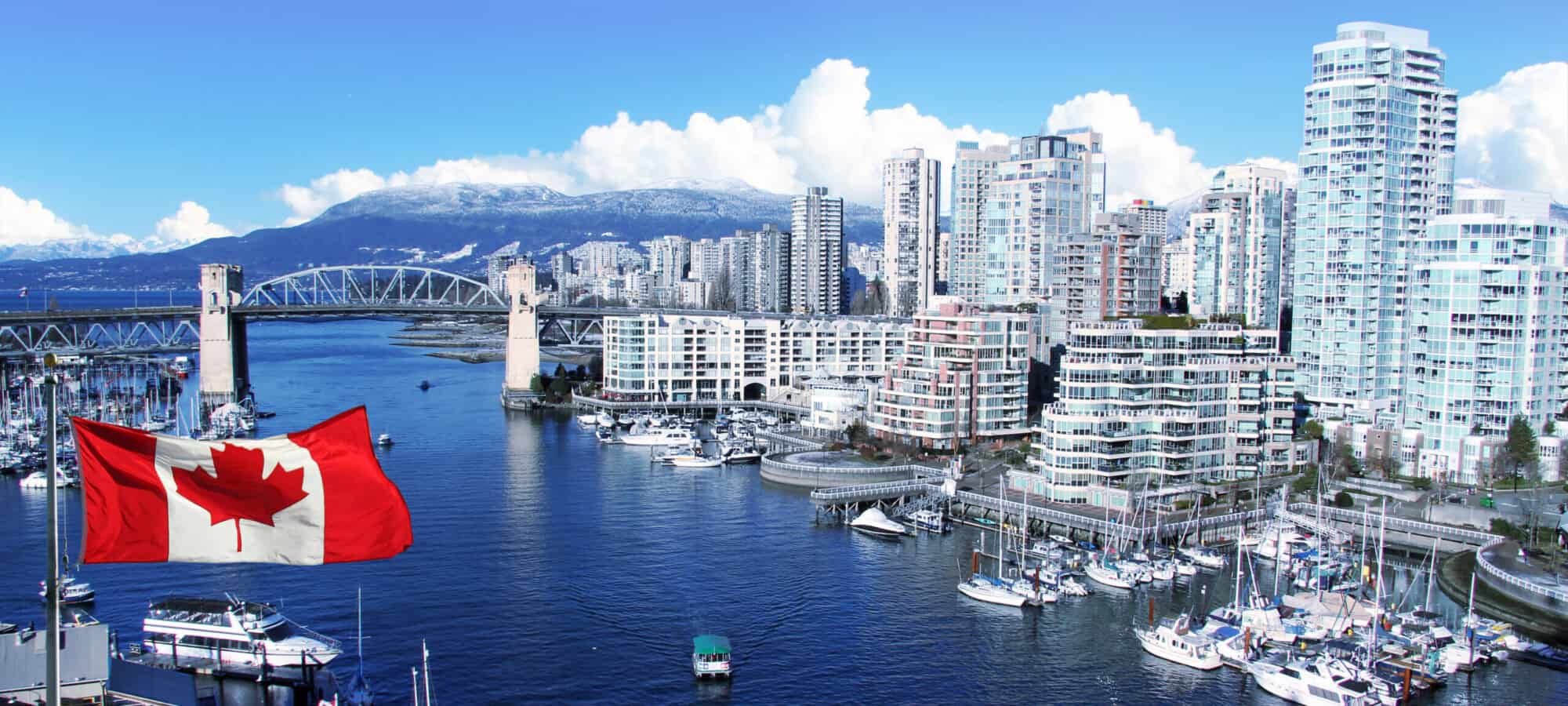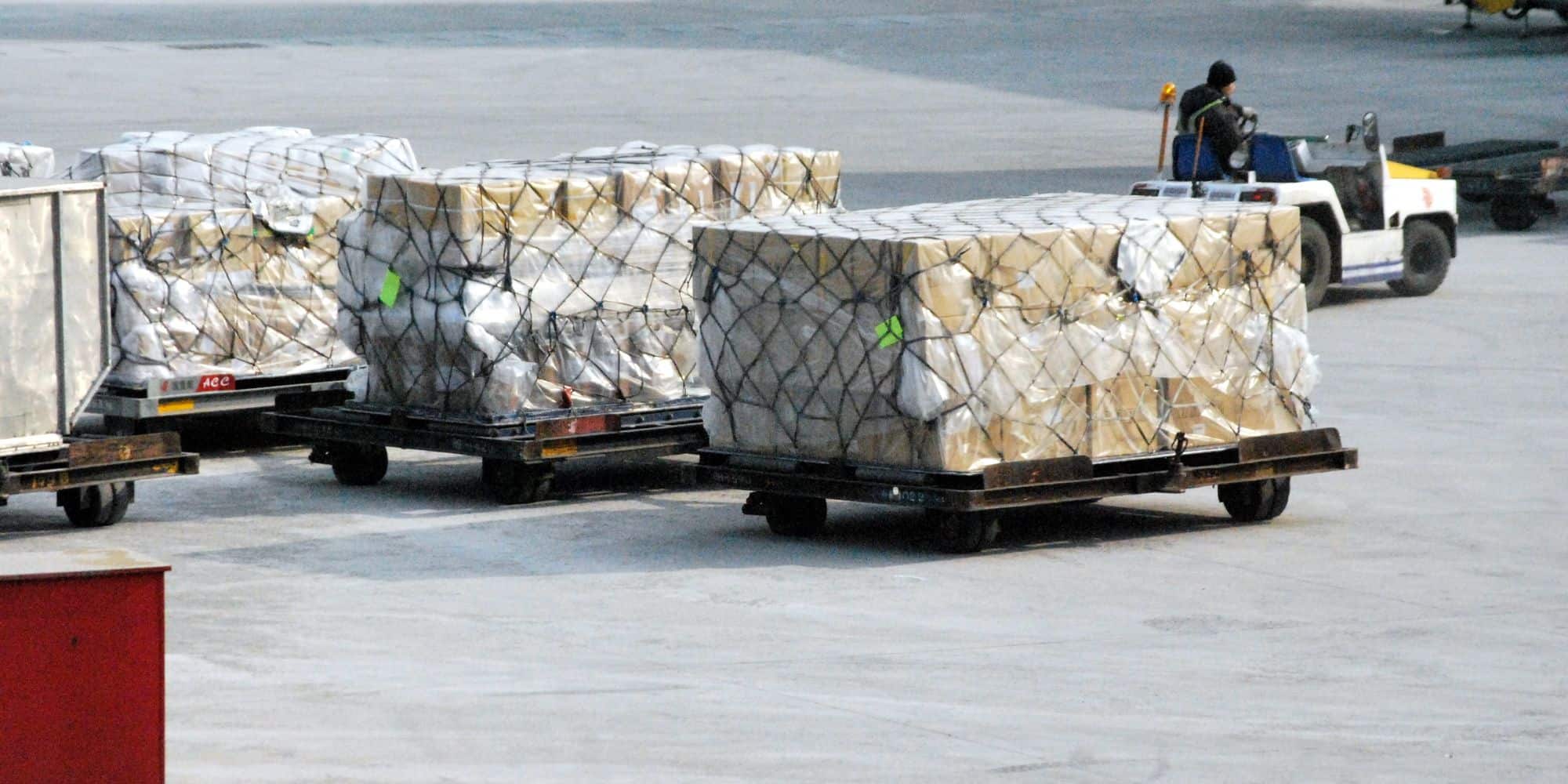Packaging is crucially important for long distance transport, particularly when sending sensitive items that require special care. Challenges are even greater when the cargo needs to traverse an ocean or travel through the air, increasing the risk of accidental damage or spoilage. Each mode of transportation has its own dangers and pitfalls, and learning about them can spare you from making costly mistakes.
Here is what you need to know about proper cargo packaging for air and ocean freight shipping:
Air cargo? Reducing the weight is paramount
It takes a lot of fuel to lift additional weight off the ground, so keeping the packaging light and compact can save you a lot of money on air shipments. However, gross weight isn’t the only factor to consider, since volume is just as important and most airlines have a standard formula of calculating it. It is necessary to consult with the freight forwarding company about the accepted weight and volume before packaging the goods, so you can adjust the dimensions as necessary. This is mandatory when working with an airline for the first time, since any misunderstandings can result in fatal delays.
Ocean freight? Keep the cargo protected
Most ocean-bound cargo is shipped in airtight metal containers, but the goods typically must be packaged onto Pallets before being loaded in containers in order to remain safe during the trip. High-quality Pallets made of plastic or heat-treated wood are recommended, while any damaged Pallets must be immediately replaced. Dimensions also matter, since you generally want to pack as much cargo into a single container as can be done securely. Standard size of Pallet used for ocean freight is 42 x 48 inches, but it’s worth considering different ratios if that helps to save some space.
Labeling for international transport
Type and quantity of the shipped goods must be clearly stated on the label, allowing for more attentive handling and smoother customs procedures. Be aware that various nations have specific labeling requirements and always check with the recipient about local regulations in this regard. Packages that are mislabeled or list incomplete information about the product could be held at the border, disrupting the delivery schedule and causing additional expenses. Export licenses need to be obtained in advance, while the documentation must be available in required languages and/or measurement units.
Ask freight forwarding professionals for assistance
When shipping a high-value cargo across great distances, you could benefit from the advice of experienced freight forwarding professionals. Ideally, you should be able to find an expert company with direct experience on the routes you are considering, since this way you can collect firsthand insights. The cost of professional assistance is more than offset by avoiding the hazards resulting from packaging errors that could have been easily avoided with better preparation. Air and ocean shipping can be very economical modes of transport, but that doesn’t mean you should pinch pennies at the expense of cargo security.


 LAC Team
LAC Team


